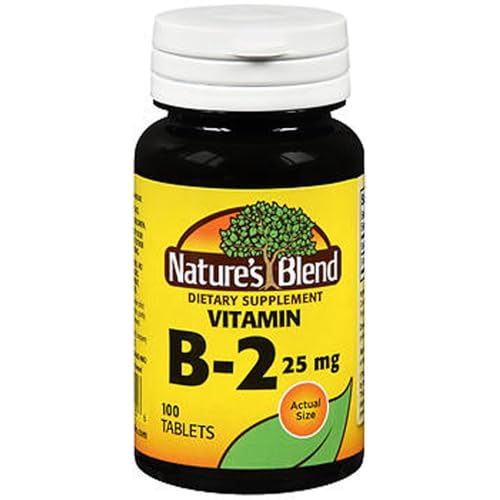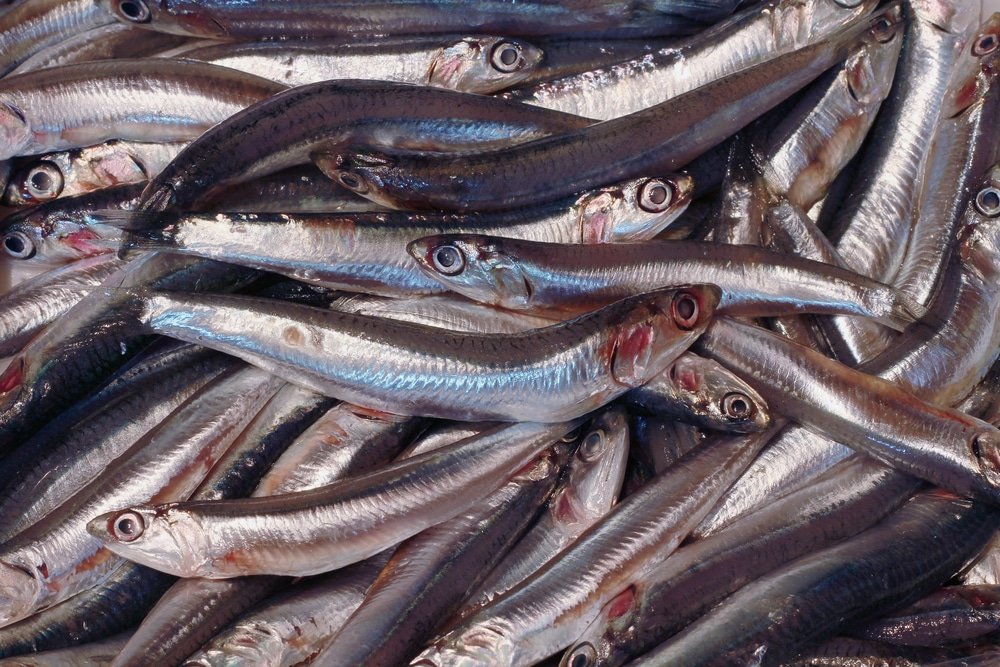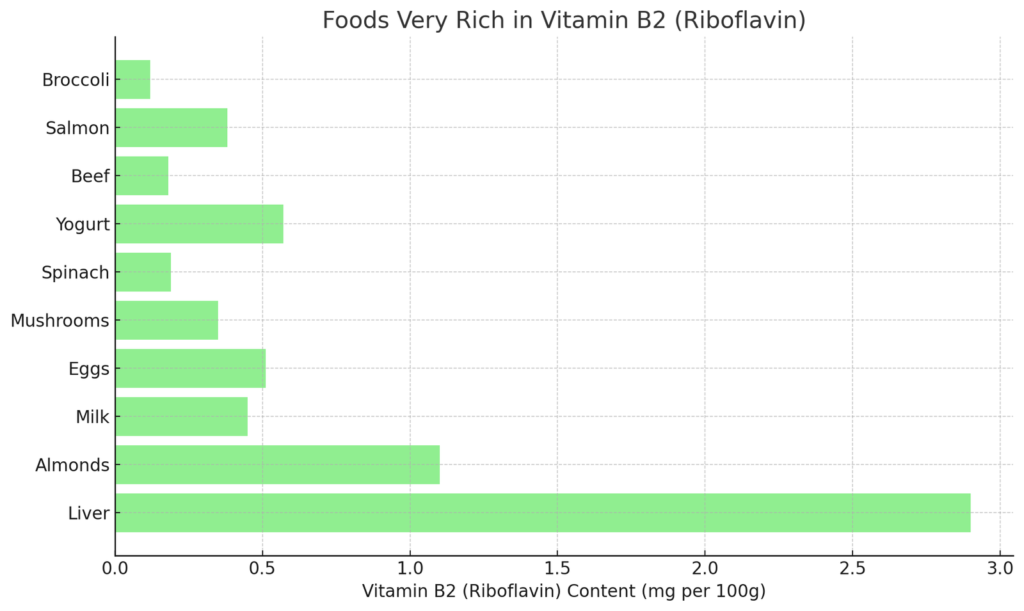
Top foods rich in Vitamin B2 includes roasted lamb, milk, oily fish, goat cheese, sun-dried tomatoes, cashew nuts, quinoa, mushrooms, clams and squid, leafy green vegetables, and soybeans.
Vitamin B2 or riboflavin is one of the vitamins that are excellent to maintain healthy skin and nails. Apart from beauty, this vitamin plays a significant role in the production of red blood cells. Nutritionists recommend consuming 1.1mg of the vitamin B2 to an average adult.
However, pregnant women need 1.4mg of the vitamin on a daily basis whereas the requirement increases up to 1.6mg if you are a nursing mother. Health experts recommend obtaining the vitamin via natural sources as supplements might affect your health adversely.
Like many nutrients, vitamin B2 is common in foods, which are safe and contain plenty of health benefits as well.
1. Roasted Lamb
Roasted lamb with sun-dried tomatoes and sautéed vegetables make an ideal meal. It contains vitamin B2 so you should consume it 2-3 times in a week. Health experts reveal that cooked lamb leg provides 21% of the vitamin, which is also your daily requirement.
Health benefits of lambs are that it boosts circulation, maintains cholesterol levels, increases immunity, and supports your cardiovascular health.
2. Milk
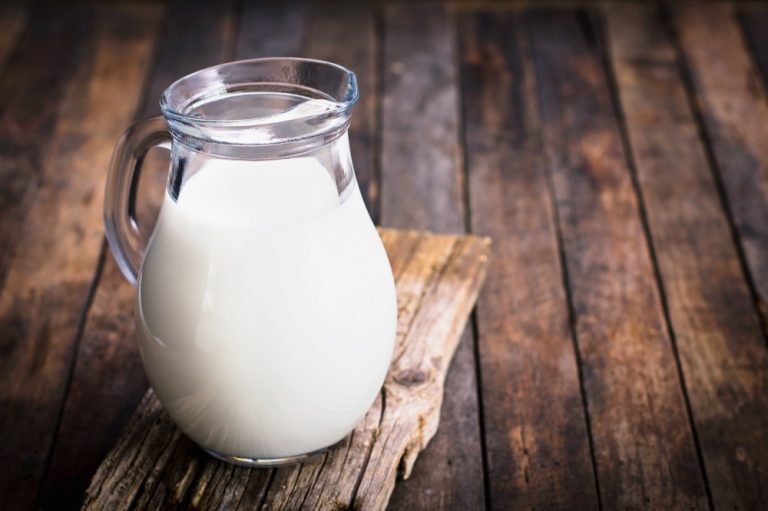
Milk is a superfood that is rich in B vitamins including 38.5% of vitamin B2. The content of the vitamin in milk is more than other food sources. It provides the adequate levels of the vitamin whether you consume it plain; make hot cocoa with it, or other mouth-watering milkshakes. You need to incorporate one glass of grass-fed cows into the diet of children to promote the healthy development of bones.
Health benefits of milk are that it promotes bone density, prevents osteoporosis, boosts metabolic rate, and promotes joint health.

3. Oily Fish
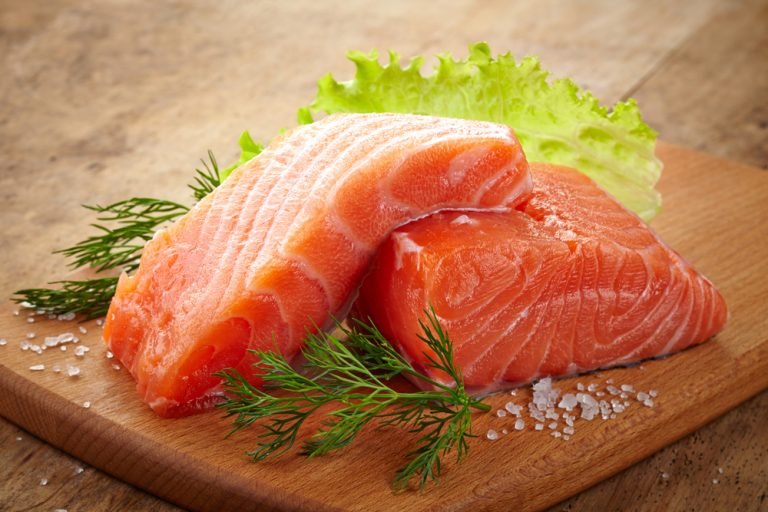
Salmon, mackerel, and trout are rich in vitamin B2. You can obtain 0.46mg of the vitamin from three ounces of mackerel. Other oily fishes contain the varying degree of the vitamin B2, which can add up to your daily requirement. You should consume grilled oily fishes with brown rice to eat a power-packed and low in calorie meal.
Health benefits of oily fishes are that they improve heart health, promote brain health, prevent age-related memory deterioration, provide Omega-3s, and treat weak eyesight.
4. Goat Cheese
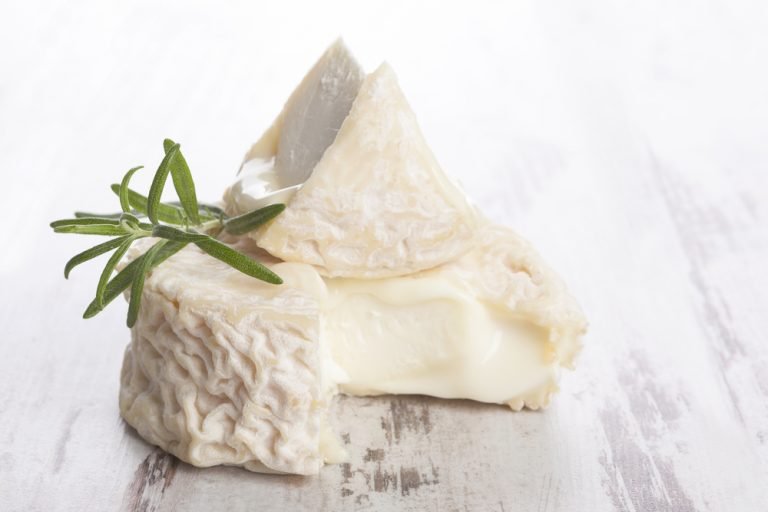
If you are a fan of cheese, you will be delighted to learn that hard goat cheese can provide up to 20% of vitamin B6, which is ideal to consume on a daily basis. Moreover, you can opt for options like feta, parmesan, brie, and camembert cheese varieties to get a quick dose of the vitamin B2. Therefore, add some cheese to sandwich, pizza, or to other recipes and make the most of it.
Health benefits of cheese are that it strengthens bone, promotes bones density, supports circulation, stimulates brain health, and keeps your body energized.
5. Sun-Dried Tomatoes

A single serving of sun-dried tomatoes provides around 0.2mg of vitamin B2. You can eat them plain or add some to different recipes. This variety of tomato does not only enhance the flavor of your food but provide various nutrients as well.
Health benefits of sun-dried tomatoes are that they boost metabolic rate, increase immunity, treat joint inflammation, manage heart rate, and improve eye health.
6. Cashew Nuts
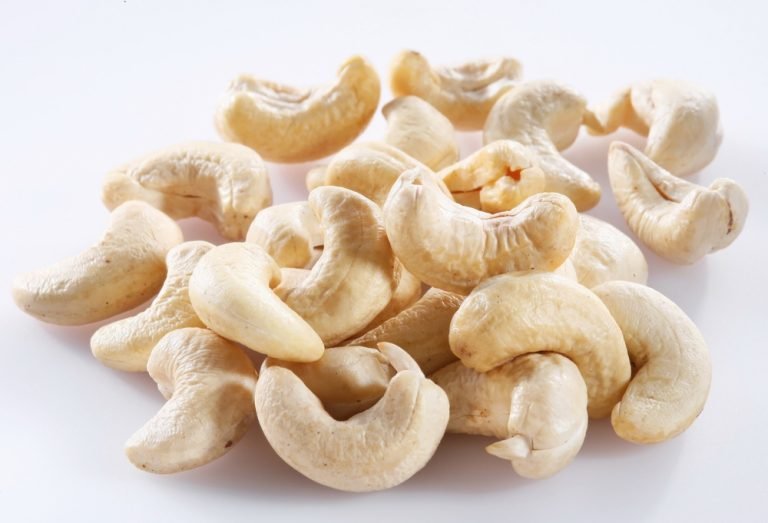
A handful of cashews are an excellent source to obtain 1.1mg of riboflavin. You can snack on some in between meals or add to salads as well. You should also try consuming pistachios, pine nuts, or almonds to get moderate levels of vitamin B2.
Health benefits of cashew nuts are that they improve the nervous system, prevent memory loss, keep your body energized, and treat infertility.
7. Quinoa
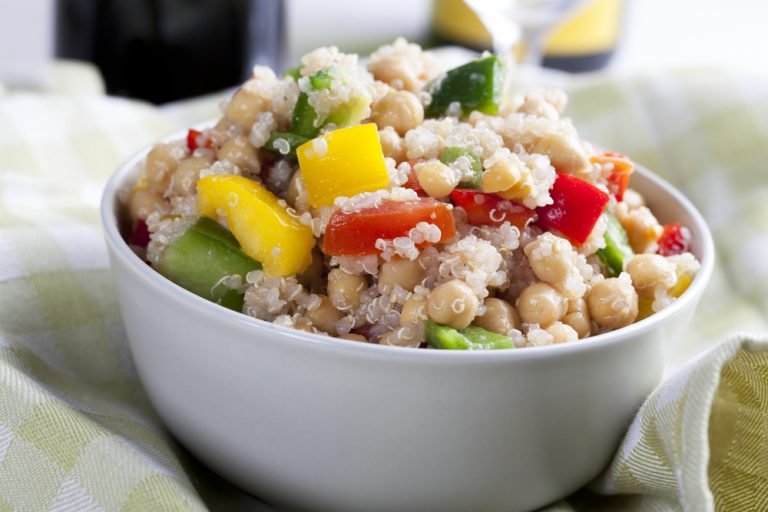
Quinoa can make a nutritious breakfast option. Moreover, you can replace couscous, rice, or pasta with it. One cup of cooked quinoa contains 15.4% of the vitamin B2. If you are looking for low in calories food sources, incorporate quinoa into your daily diet and maintain a healthy body.
Health benefits of quinoa are that it helps you lose weight, boosts the immune system, treats indigestion, and keeps you full for long hours.
8. Mushrooms
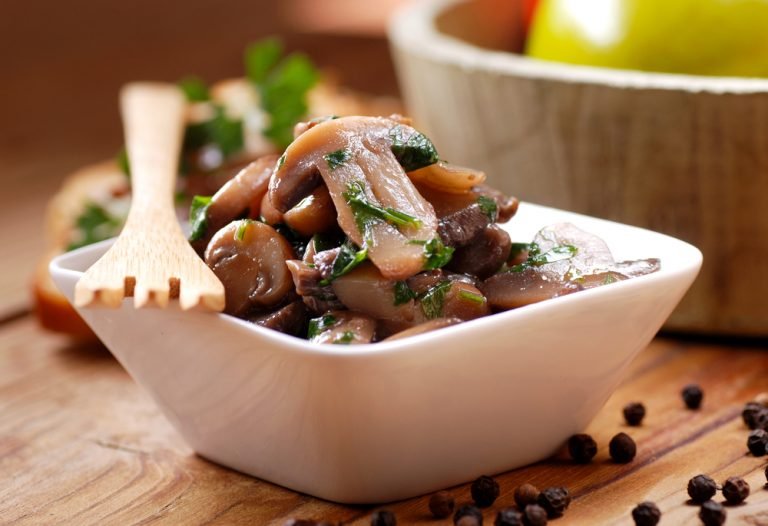
100 grams of raw brown Italian mushrooms provide up to 29% of riboflavin. You should also add mushroom varieties like a white mushroom, dried shiitake mushroom, and grilled portabella to your diet and keep vitamin B2 deficiency at bay.
Health benefits of mushrooms are that they support cardiovascular health, keep your skin smooth, strengthen nails, and increase bone density.
9. Clams and Squid
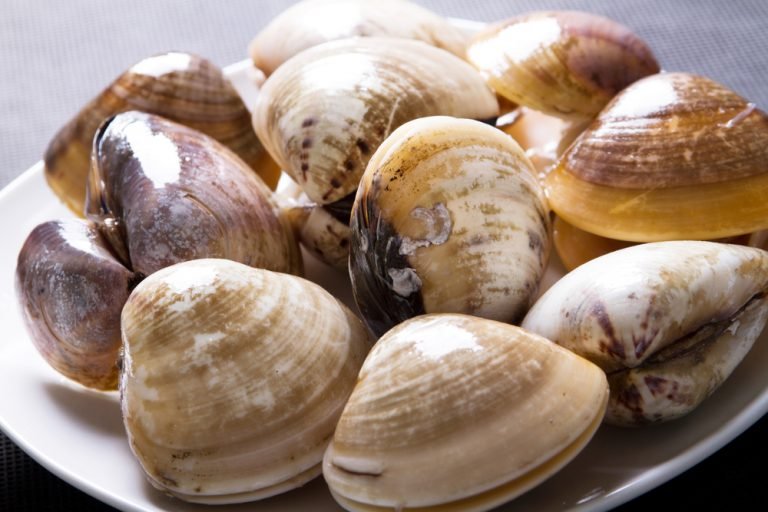
You can get around .39mg of riboflavin from cooked squid and 0.36mg of the vitamin B2 from cooked clams. These seafood varieties also provide a slew of essential nutrients, so you need to incorporate at least one serving of each into your diet.
Health benefits of squid and clams are that they prevent memory deterioration, rejuvenate cells and tissues, improve eyesight, promote heart health, and balance good and bad cholesterol levels.
10. Leafy Green Vegetables
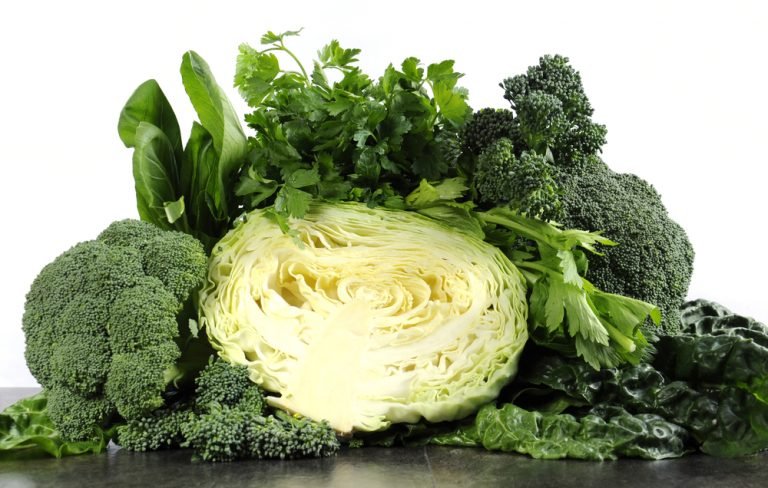
Collard greens, asparagus, or dandelion greens are rich in many nutrients including riboflavin. Only collard greens can provide up to 8% of the vitamin. So, when you prepare salad next time, do not forget to add some leafy greens to it and make a nutrient-dense salad bowl. Health experts recommend vegetables like broccoli to improve digestion. Consuming organic vegetables and fruits are necessary to prevent anemia as well.
Health benefits of leafy greens vegetable are that they treat indigestion, improve weak eyesight, increase red blood cell, and prevent skin problems.
11. Soybeans
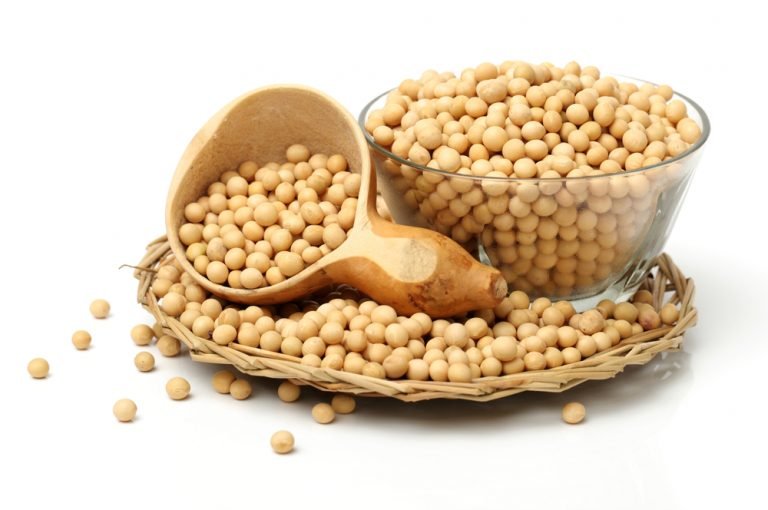
Green soybeans contain a considerable amount of vitamin B2 as compared to mature soybeans. One boiled cup of green soybeans provides around 21.5% of the vitamin, which is more than your daily requirement. There are numerous ways to incorporate this nutritious food source into your diet. Green soybeans go well with several rice recipes, stews, or stir-fried ones taste good as well.
Health benefits of green soybeans are that they balance cholesterol levels, prevent cataract, reduce the risks of chronic diseases, and boost immunity.
Bottom Line
Like other vitamins, riboflavin is also necessary. There is no question that vitamin B2 deficiency can lead to debilitating health conditions. That is why health experts encourage consuming foods packed with the vitamin. However, in case of deficiency, do not forget to consult with the doctor as this way you cannot only find the right treatment but prevent adverse effects of self-medication as well.

Join the 7‑Day “Better Gut” Plan
Pop in your email and we’ll send Lesson 1 + the printable list.







